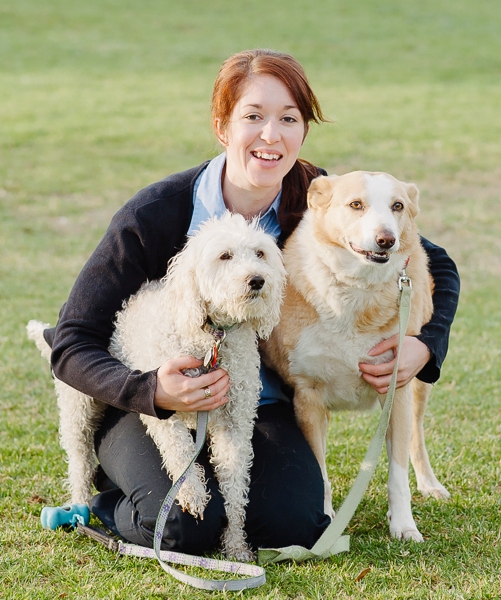Nutrition has an enormous impact on the health of your pets. But have you considered how it may affect their behaviour as well?
Firstly the feeding times and method in which food is delivered, can impact the way your pet behaves around food (dog or human food). When even small amounts of food is given while you are eating or snacking yourself, your pet will learn to be close by during these times so to not miss out. This may lead to begging behaviours when around food, especially when the food is withheld from your pet. Similarly when your pet is only fed once a day, he/she may gain hunger prior to feed time, leading to scavenging between feed times or protective behaviours when food is present.
What you feed can also have a huge influence on your pet’s behaviour in various ways. High quality foods containing the fatty acid DHA (docosahexaenoic acid), have been shown to increase the mental acuity in puppies and kittens. Meaning your new family member will be more trainable. Similarly, certain antioxidants found in high quality foods, are also considered ‘brain food’ for senior dogs and cats. Meaning your old family member may be less likely to suffer age-related behavioural changes associated with cognitive decline, such as excessive licking, patterned pacing and inability to complete complex tasks.
An unbalanced diet can lead to health issues which can cause your pet to be irritable, stressed or show aggressive or self-protective behaviours from pain or discomfort. High calorie foods, like some human foods and dog treats can lead to obesity in your pet. Obesity has a direct impact on how your pet feels and therefore how he/she behaves. Overweight pets tire easily and can be grumpy due to fatigue or aches and pains. Joint pain is common in obese pets and can lead to pain induced aggression.
The best way to keep your pet both happy and healthy is to go to your veterinarian for regular examinations and routinely discuss dietary needs with them. Any sudden mood change in your pet may indicate an underlying nutritional, behavioural, or health issue that must be addressed.

Veterinary Nurse Kirstie Hancock is qualified in animal behaviour with her Certificate IV in Companion Animal Services through the Delta Society. She has lots of great tips and ideas when it comes to misbehaving pets. Keep an eye out for her monthly tips on our Facebook page. Also check out her own business Facebook page - Positive Paws.

